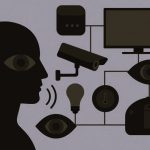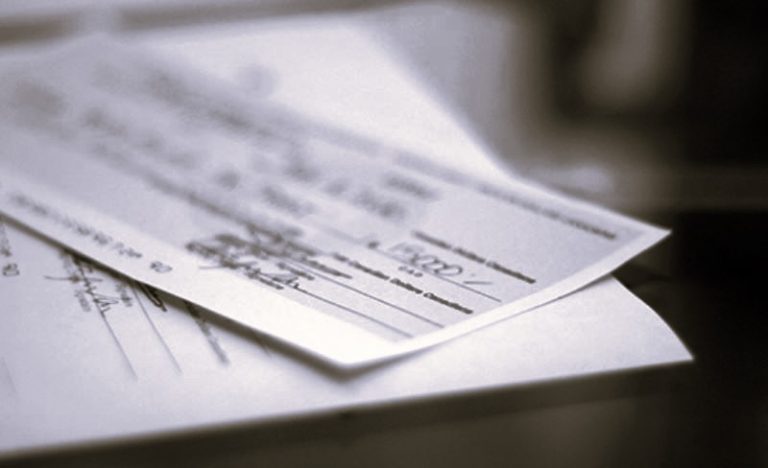

Making the most of tax breaks as a self-employed person is essential to running a successful business. The depreciation expenditure deduction is one of the frequently forgotten deductions for independent contractors. By lowering your self employed taxable income, the depreciation expense deduction is a tax benefit that can help you save money.
Its foundation is the premise that an asset’s cost should be deducted over the course of the asset’s expected useful life since as an asset ages, it loses value. Depreciation is an accounting technique that enables companies to gradually recover the cost of their assets. Anything you possess and utilize to supplement your income is often seen as an asset. This applies to tools, machines, computers, and even furnishings.
The IRS provides a depreciation expense deduction that enables you to subtract from your taxable income a percentage of the cost of your assets each year. Although there are a few alternative ways to calculate depreciation, straight-line depreciation is the most popular. This strategy equitably distributes an asset’s cost over the course of its useful life while assuming that an asset loses an equivalent amount of value annually.
It’s critical to maintain complete records of your asset acquisitions and the dates they were put into service in order to take full benefit of the depreciation expenditure deduction. To be sure you’re claiming the full deduction, you can also speak with a tax expert, such as an accountant or CPA.
Particularly freelancers could encounter particular difficulties when trying to deduct depreciation costs. Self-employed people are in charge of funding and maintaining their own equipment and other assets, in contrast to traditional employees. This can apply to anything from office equipment, furniture, and automobiles to computers, cameras, and software. They might therefore have more assets to depreciate as a result.
A freelancer’s income may also change from year to year, which makes tax preparation and record-keeping even more crucial. Although complex and time-consuming, managing assets, figuring depreciation, and keeping track of business spending are necessary for optimizing tax savings.
Here are some advice for independent contractors to maximize their depreciation expenditure deduction:
Maintain thorough asset records
It is possible for independent contractors to compute depreciation expenditure deductions with accuracy by keeping thorough records of all assets. This covers the asset’s acquisition date, price, remaining useful life, and other crucial details. You may use this information to create a depreciation schedule that works for your company and make sure you’re claiming the right amount of depreciation each year.
Take the Section 179 deduction into account
The Section 179 deduction enables small firms, including those run by self-employed people, to write off the whole cost of various assets in the year they are put to use. For independent contractors who would profit more from a larger deduction in the current year than from lesser deductions over time, this can be a terrific alternative.
Speak with an accountant
A tax expert can guide you through the complexity of depreciation expenditure deduction and make sure you’re taking full advantage of all the write-offs that are available. They can also assist you in remaining tax law compliant and avoiding costly errors.
Conclusion
In conclusion, for self-employed people, the depreciation expense deduction can be a useful instrument for reducing tax obligations and increasing profits. Freelancers can maximize this deduction and reduce their tax obligations by keeping thorough records, taking into account the Section 179 deduction, and seeking professional tax advice.
Additionally, by spreading out the expense of expensive items over time rather than buying them all at once, asset depreciation can assist freelancers in maintaining a steady cash flow. It’s a crucial instrument for expanding and scaling a corporation and controlling tax obligations. Overall, working for yourself may be tough yet rewarding. Freelancers can maximize their tax savings and achieve long-term financial success with careful planning and the appropriate tools.






